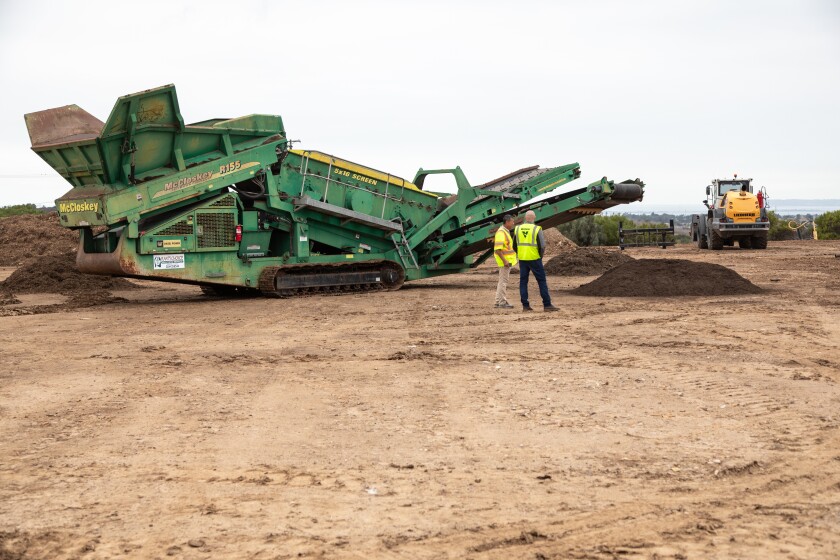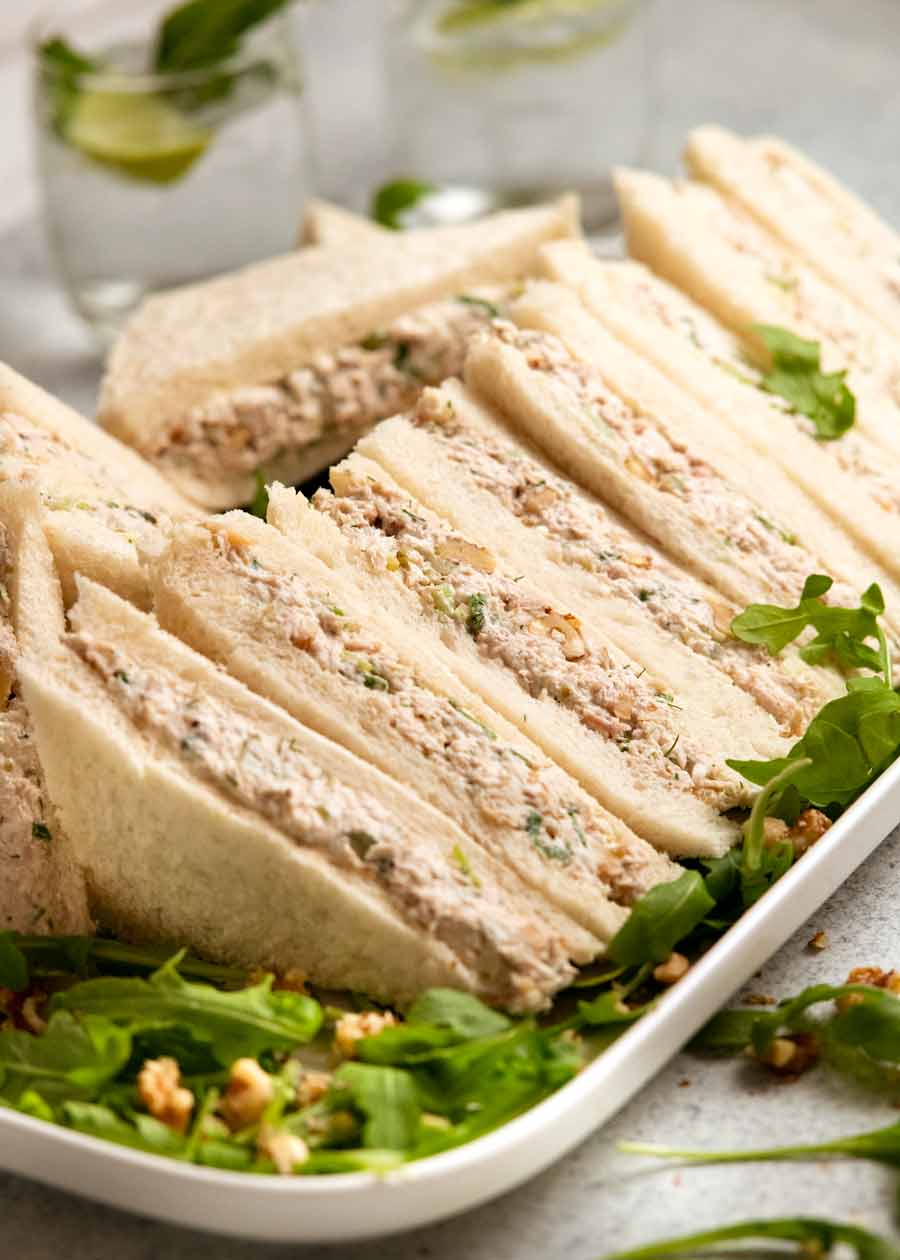Food waste collection is starting in Chula Vista. Here’s how it works
Food waste collection for Chula Vista single-family homes starts Friday after months of preparing for the launch of the service required under new state rules.
California law now requires that everyone recycle organics. This means everything from chicken bones to a half-eaten sandwich to coffee filters must be recycled in green bins along with yard waste.
Chula Vista’s solid waste hauler, Republic Services, is tasked with providing the service that’s starting with single-family homes and, in the coming months, will add businesses and multi-family properties, including condominiums, apartments, and mobile home parks.
The company purchased 15,000 green carts for Chula Vista homes, 3,000 commercial food waste bins and six collection trucks and supplied kitchen pails to residential customers. They will have a recycling coordinator in the city to educate the public about food recycling and will be offering $50,000 annually in grants to local food rescue organizations to help with edible food rescue efforts.
Council members last month approved an increase in residential and commercial fees to pay for the service. The price hikes for residential trash carts range from $2.79 a month for the smallest trash cart (32 gallons) to $4.26 for the largest (96 gallons). For multifamily customers, rates per bin will average $5.74 a month.
Risa Barron, a municipal manager with Republic Services, breaks down how the new service will work.
Q: What’s happening on July 1?
A: We will be officially starting our new food waste and recycling program. Basically, all single-family residents can start putting their food waste into their green yard waste cart.
Just imagine everyone’s cooking in the house and you have all those fruits and vegetable scraps and food waste that typically go into the garbage can. We’re going to ask you to put it into your yard waste container (green bin) every single day.
Q: What if I have my own bin that I use for yard waste? Do I still need a green cart?
A: Everyone now has to have a customer-grade yard waste cart. It is the law. Everyone needs a three-cart system: trash, blue recycling and green. We will give them a green cart (if they don’t already have one), but if somebody needs a second cart, we’ll give them a second cart free of charge.
Q: If the service is starting with single-family homes, what about apartments and businesses?
A: Republic Services and Chula Vista will be working with property managers and business owners to do waste assessments, which will be taking place in the coming months.
The reason for that is because some might have multiple locations where they have their bins or they might have parks. Others have landscaping services that pull out all of the landscaping, so they won’t have the ability to comingle (food) with yard waste.
Q: Where do kitchen pails come into play and are there appropriate alternatives?
A: You can put your food waste into your kitchen caddy and then every night you can go to that yard waste bin and dump it in there so that way you keep it clean and prevent any little critters from coming into your kitchen.
You can put (waste) in a paper bag if that’s easier. Everyone has their own little method … just no plastic bags because that plastic can cause a lot of contamination.

At the Otay Compost Facility organic waste goes through a grinder that produces a fine mulch which is then covered, watered, and pumped with oxygen to speed up decomposition. (Jarrod Valliere / The San Diego Union-Tribune)
(Jarrod Valliere/The San Diego Union-Tribune)
Q: Where does all the food waste go after it’s collected from customers’ bins?
A: We’re going to bring it to the Otay Landfill, where we have a state-of-the-art, solar-powered composting facility and we’re going to make it into compost. That compost will then be brought back out for the community to use for their gardens and landscaping.
Q: Will customers get fined for noncompliance?
A: Our intent is not to fine and it’s really about education. If it gets chronic, then the city can go down a different path with that customer.
We call them “oops tags.” We will be checking carts and if we see that somebody’s not putting the right stuff into their cart, we’ll leave a tag on their cart (saying), “Oops, this is what we found. Please try to fix it.”
Q: What’s the overall goal in getting Chula Vista to recycle its food waste?
A: Senate Bill 1383 is the statewide mandate to reduce organics in the landfill by 75 percent and Chula Vista has a zero waste plan that includes diverting all organic materials from the landfill. So, their goal is to get everybody doing this.







